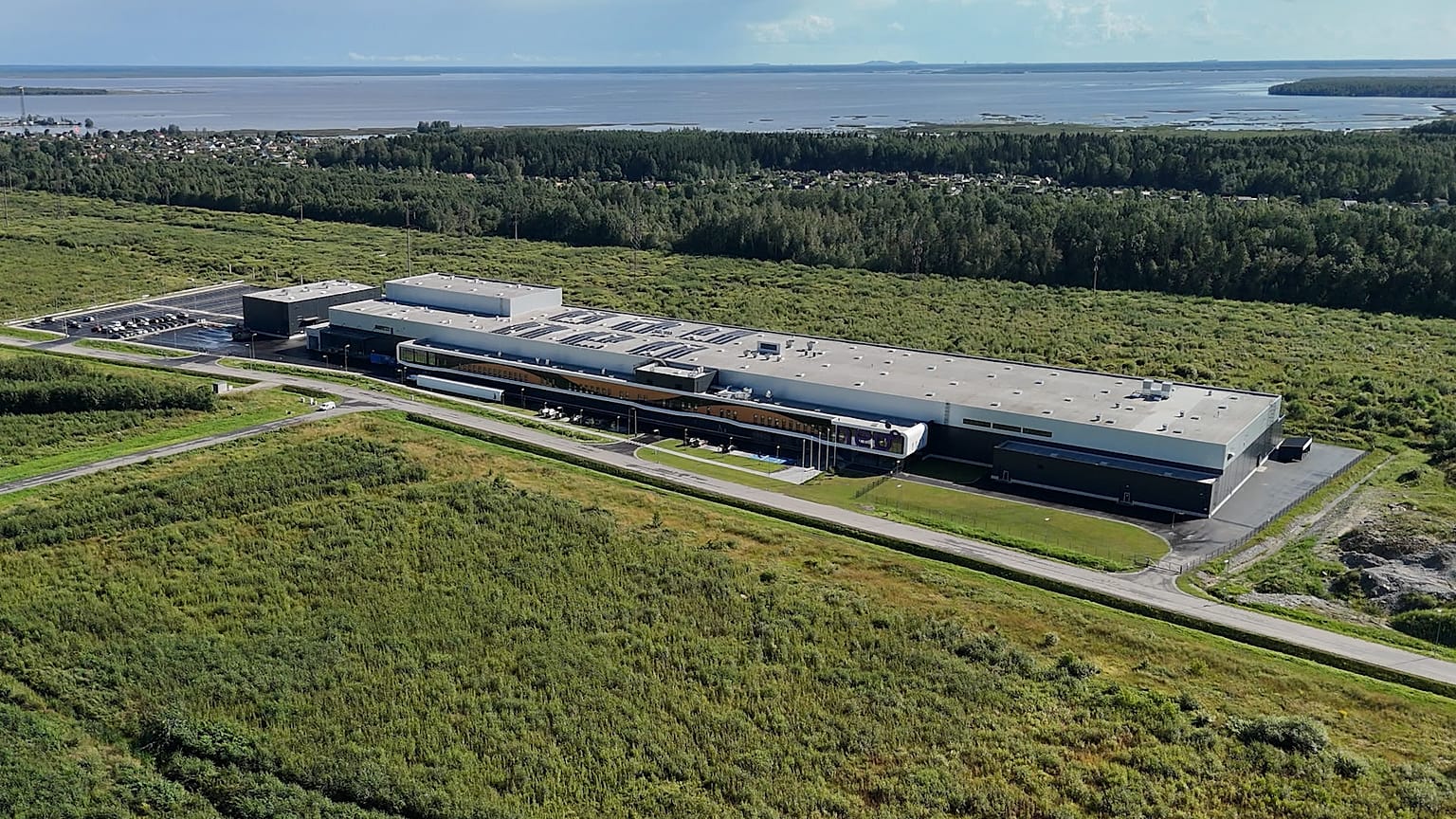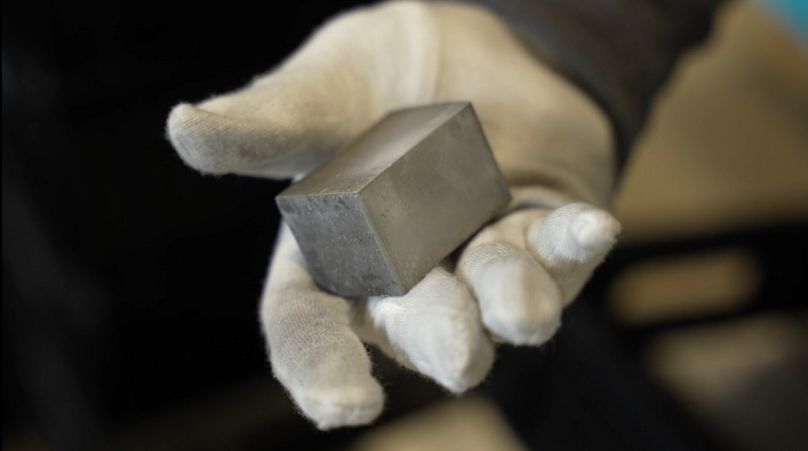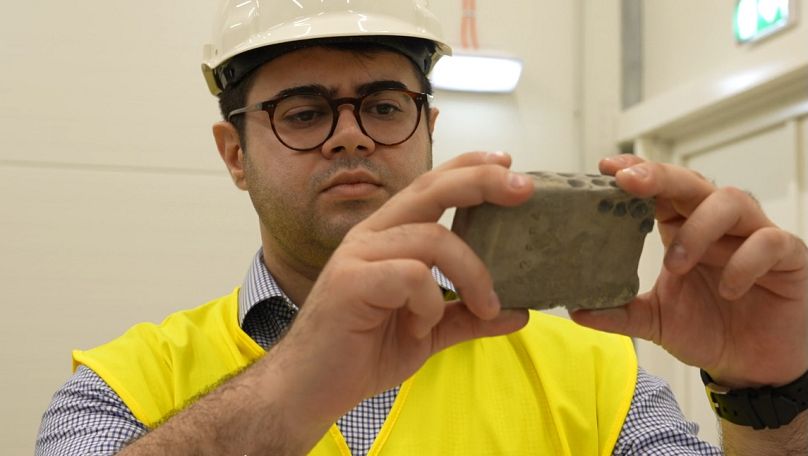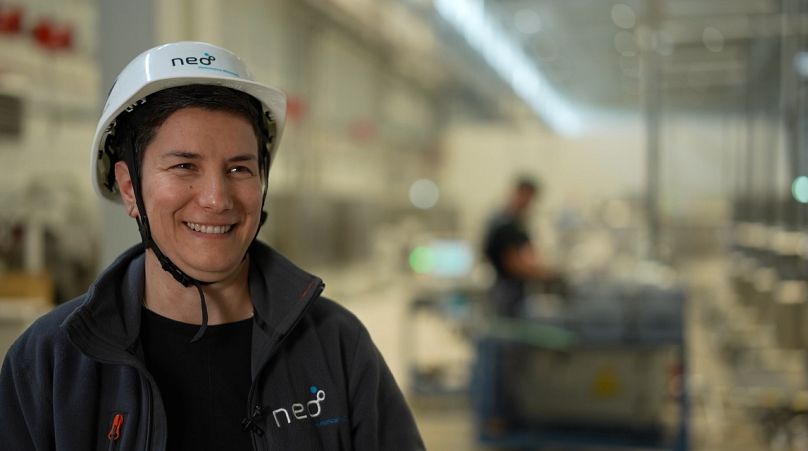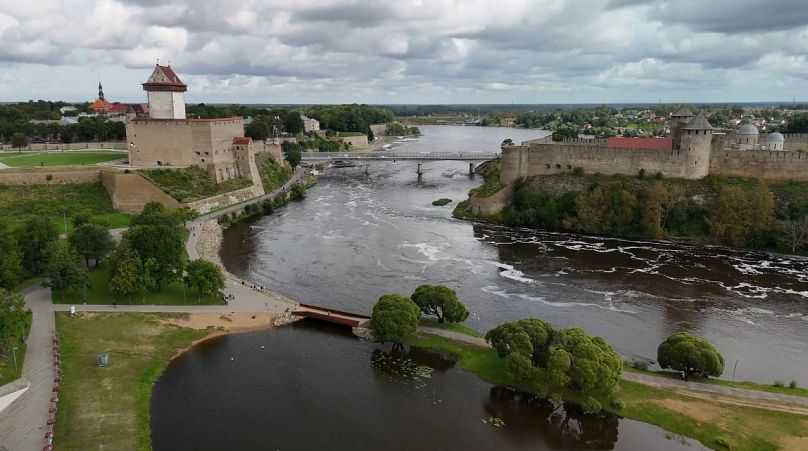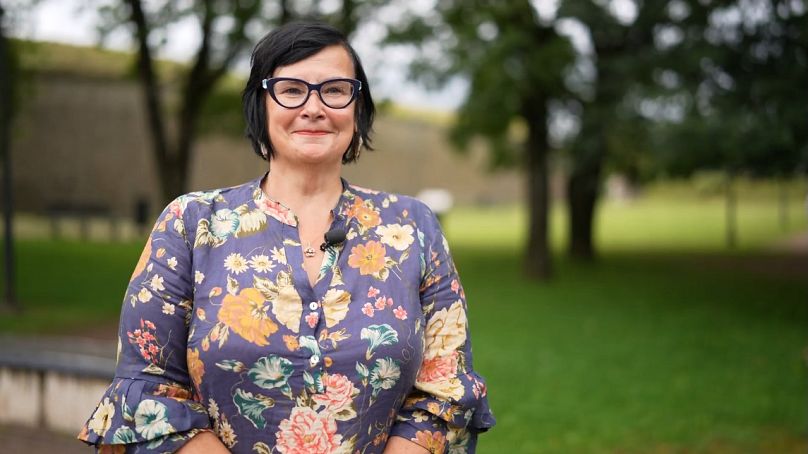Europe has taken a key step toward reducing its reliance on China for rare-earth magnets, critical for clean technologies. Europe’s first production facility has opened in Narva, Estonia, planning to supply magnets for over a million electric vehicles and a thousand offshore wind turbines each year.
Europe’s first rare-earth magnet plant has opened this year in Narva, north-east Estonia, on the border with Russia. The new facility, built by a Canadian company with the support of the European Union, marks a milestone in the EU’s effort to secure its own supply chain for critical technologies. Currently, 90% of EU demand for permanent magnets is covered by China.
With an annual capacity of around 2,000 metric tonnes of magnet blocks, the Narva plant could supply magnets for more than a million electric vehicles or over 1,000 offshore wind turbines. Magnets are built to the specifications required to supply the European automotive industry and wind turbine producers.
The Canadian company already operates a rare-earth separation plant and R&D laboratories in nearby Sillamäe. In Narva, the company combines rare-earth powders imported from Australia with other metals, using complex physical processes to create the permanent magnets essential for modern green technologies.
For engineers like Zorjana Mural, the project has been transformative. After completing her PhD project on permanent magnets, she left academia for the oil and gas sector, seeing no prospects for working with magnets again in Estonia. That changed in 2023.
“There is no magnet with one pole. They either repel or attract. When I quit university, I thought ‘Enough with magnets, they will repel me.’ But accidentally, they attracted me back,” she says.
Powering Estonia’s Just Transition
The project represents a €75 million investment, of which €14 million came from the EU’s Just Transition Fund, with the remainder privately financed. Currently employing about 80 people, the plant is expected to scale up significantly, with projections of up to 1,000 jobs in the coming years.
For Narva, a city long reliant on oil shale extraction, one of Estonia’s largest sources of CO₂ emissions, the magnet factory is a turning point. The EU has allocated €354 million to the region from its Just Transition Fund for 2021–2027, aimed specifically at supporting the EU countries most affected by the shift to climate neutrality.
Narva’s location, on the border with Russia, has discouraged investment in the region. For the city’s mayor, Katri Raik, the project is a sign of renewal:














